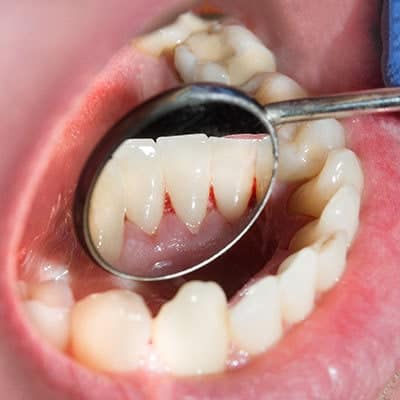Systemic Diseases Linked to Bleeding Gum Disease: What You Need to Know
What is the Role of Bleeding Gums Disease in General Health?
Studies show that in severe gum disease (periodontitis), bacteria from infected pockets under the gums can enter the bloodstream, potentially causing low-level systemic inflammation throughout the body. This chronic inflammation can elevate the risk of developing general health issues such as heart disease.
How Are Bleeding Gums Related to Diabetes?
Research has revealed a bidirectional relationship between diabetes and periodontal disease. Periodontal disease can complicate the management of blood sugar levels in individuals with diabetes. Conversely, those with diabetes are at an increased risk of developing gum disease due to their higher susceptibility to infections. Periodontal disease is sometimes viewed as a complication of poorly controlled diabetes.
What is the Relationship Between Bleeding Gum Disease and Heart Diseases?
Several studies have shown that periodontal disease is linked to heart disease. Although a direct causal relationship has not been definitively established, research indicates that gum disease increases the risk of cardiovascular disease. This association is believed to be related to the inflammation caused by periodontal disease.
What is the Association Between Bleeding Gum Disease and Respiratory Diseases?
Research has shown that bacteria from the oral cavity can be inhaled into the lungs, leading to respiratory diseases such as pneumonia, especially in individuals with periodontal disease.
What is the Relationship Between Periodontitis and Osteoporosis?
Studies have indicated a correlation between periodontitis and osteoporosis, highlighting that bone loss in the jaw due to osteoporosis can contribute to dental loss. The decreased bone density that supports the teeth means that the teeth may no longer have a stable base.
How is bleeding gum diseases associated with cancer?
Research has shown that men with gum disease were 49 percent more likely to develop kidney cancer, 54 percent more likely to develop pancreatic cancer, and 30 percent more likely to develop blood cancer.



